 Tracy Steele
Tracy Steele
Entry Category: Government and Politics - Starting with S
 Tracy Steele
Tracy Steele
Steelman, John Roy
Stephens, Witt
aka: Wilton Robert Stephens
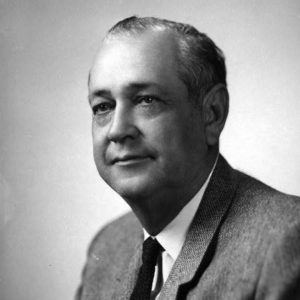 Witt Stephens
Witt Stephens
Stephenson, M. L.
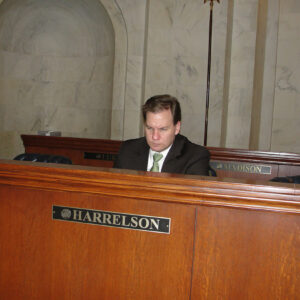 Steve Harrelson
Steve Harrelson
Stirman, Erasmus Irving
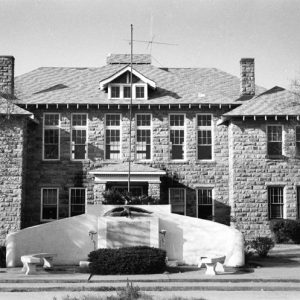 Stone County Courthouse
Stone County Courthouse
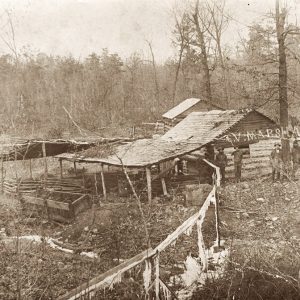 Stone County Still
Stone County Still
Stovall, Bill H. III
Stroger, John Herman, Jr.
Stuck, Dorothy
Sundown Towns
aka: Racial Cleansing
 Sundown Town Map
Sundown Town Map
Sunken Lands
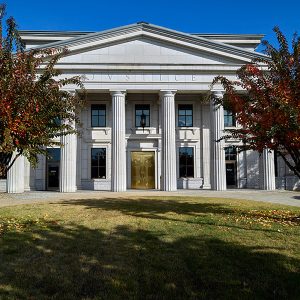 Supreme Court Building
Supreme Court Building
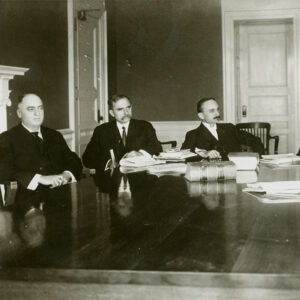 Supreme Court Members
Supreme Court Members




